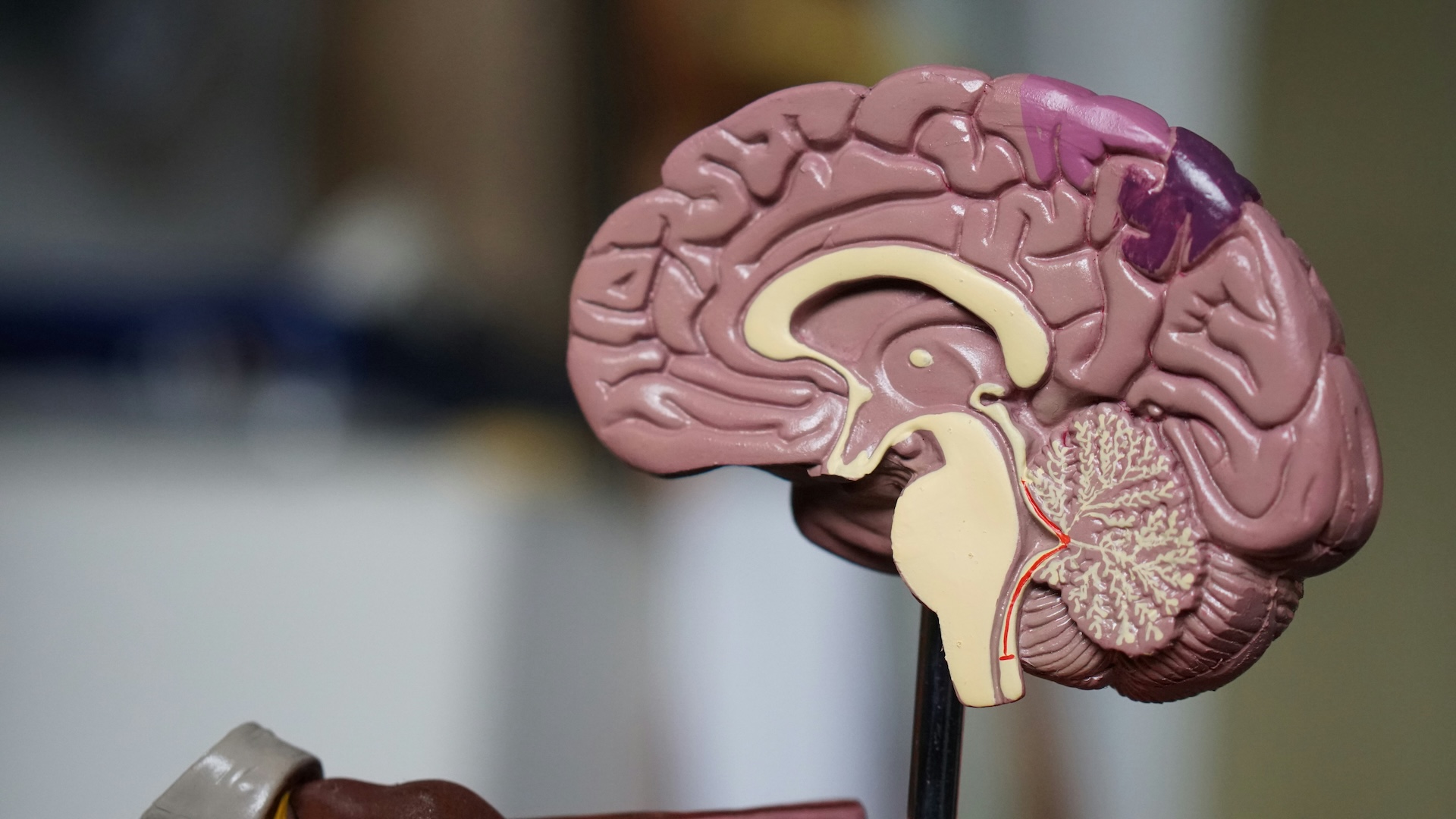Healthcare Innovation Summit

Medical professionals and technology innovators collaborate at the Healthcare Innovation Summit, where groundbreaking solutions for patient care and medical research are being developed and demonstrated.
Photo by Dr. Lisa Park / Medical Innovation Today
The annual Healthcare Innovation Summit has concluded with remarkable presentations of breakthrough technologies and collaborative initiatives that promise to transform patient care and medical research. This year’s event featured over 500 healthcare professionals, researchers, and technology innovators from around the world.
The summit showcased innovative solutions ranging from artificial intelligence applications in diagnostics to telemedicine platforms that expand access to specialized care. Collaborative partnerships formed during the event are expected to accelerate the development and deployment of these transformative technologies.
Revolutionary Diagnostic Technologies
Advanced artificial intelligence systems demonstrated at the summit can detect diseases earlier and more accurately than traditional methods. These AI-powered diagnostic tools analyze medical imaging, laboratory results, and patient data to identify conditions in their earliest stages when treatment is most effective.
“The diagnostic technologies we’ve seen at this summit represent a paradigm shift in healthcare. We’re moving from reactive treatment to predictive prevention, which will fundamentally improve patient outcomes while reducing healthcare costs.” — Dr. Michael Chen, Director of the Institute for Medical Innovation
Telemedicine Expansion
Innovative telemedicine platforms are breaking down geographical barriers to healthcare access. These systems enable specialists to provide expert consultations to patients in remote areas while supporting local healthcare providers with real-time guidance and education.
The telemedicine solutions include advanced remote monitoring devices that allow patients to receive care at home while maintaining close communication with their healthcare teams. These technologies are particularly valuable for managing chronic conditions and post-surgical recovery.
Collaborative Research Initiatives
The summit facilitated the formation of international research consortiums focused on addressing global health challenges. These collaborative efforts pool resources and expertise to accelerate the development of treatments for diseases that affect millions worldwide.
Data sharing platforms presented at the summit enable researchers to collaborate more effectively while maintaining patient privacy and security. These systems could significantly speed up medical research and drug development processes.
Personalized Medicine Advances
Breakthrough developments in genomic analysis and precision medicine were highlighted throughout the summit. These technologies enable healthcare providers to tailor treatments to individual patient genetic profiles, improving effectiveness while reducing adverse reactions.
Pharmacogenomic testing is becoming more accessible, allowing doctors to prescribe medications based on how individual patients metabolize different drugs. This personalized approach reduces trial-and-error prescribing and improves patient safety.
Mental Health Innovation
Digital mental health platforms demonstrated significant potential for expanding access to psychological support services. These systems use evidence-based therapeutic approaches delivered through user-friendly interfaces that make mental health care more accessible and less stigmatized.
Virtual reality therapy applications showed promising results for treating anxiety, phobias, and post-traumatic stress disorders. These immersive technologies create controlled environments where patients can practice coping strategies with professional guidance.
Healthcare Accessibility Solutions
Innovative technologies are making healthcare more accessible to underserved populations. Mobile health clinics equipped with advanced diagnostic equipment can bring specialist care to remote communities, while translation technologies break down language barriers in healthcare settings.
Cost-reduction innovations include simplified diagnostic devices that maintain accuracy while becoming affordable for use in resource-limited settings. These technologies could significantly expand access to basic healthcare services worldwide.
Preventive Care Technologies
Wearable health monitoring devices and smartphone applications are empowering patients to take active roles in maintaining their health. These technologies track vital signs, activity levels, and other health indicators, alerting users and healthcare providers to potential issues before they become serious.
Predictive analytics systems can identify patients at risk for certain conditions based on their health data patterns. This early identification enables preventive interventions that can avoid more serious health problems and reduce healthcare costs.
Implementation and Future Outlook
Many of the technologies demonstrated at the summit are already in clinical trials or pilot programs. Healthcare systems worldwide are preparing to integrate these innovations into routine care, with implementation timelines ranging from immediate deployment to multi-year rollout programs.
The collaborative spirit of the summit has created ongoing partnerships that will continue advancing healthcare innovation throughout the year. These relationships are expected to accelerate the translation of research discoveries into practical solutions that benefit patients worldwide.
Health Innovation Reporter
Author at The Future Herald
Learn more about Health Innovation Reporter's work and other articles.


